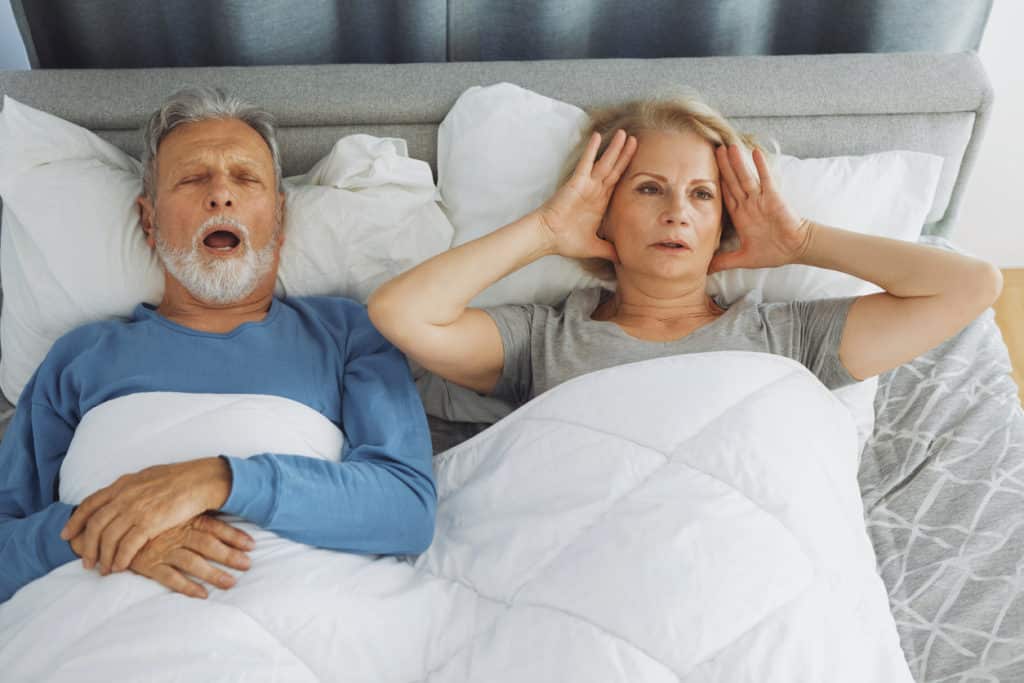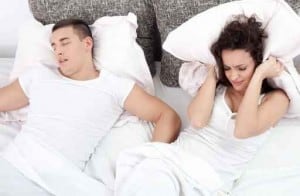What is Snoring?

Snoring during sleep may be a sign, or an indicator of obstructive sleep apnea (OSA). Dr. Marc Levin will work closely to discover the exact nature of your snoring.
The Causes Snoring
Snoring is caused by many factors. While you are sleeping, the muscles relax in the throat, the tongue, and the roof of your mouth (also known as the soft palate). In this relaxed state, the tissues are more likely to block your airway, obstructing the flow of air as you breathe and resulting in vibrations that produce the sound we know as snoring.
When should I worry about snoring?
You should worry about your snoring if:
You are frequently overly sleepy and tired during the day, you fall asleep in inappropriate settings such as at work, or while eating or driving, or if your bed partner notices your snoring is very loud or marked by intervals of no breathing at all.
In any of these cases, you should call your doctor for evaluation, you may have obstructive sleep apnea, a serious respiratory condition.
The following conditions can affect the airway and cause snoring:
- Your mouth anatomy: Having a low, thick soft palate can narrow your airway. People who are overweight may have extra tissue in the back of their throat that may narrow the airway. Additionally, if the uvula is elongated, airflow can be obstructed and vibration may increase.
- Alcohol consumption: Consuming alcohol before bedtime can also cause snoring. Alcohol relaxes the throat muscles and decreases the body’s natural defense against airway obstruction.
- Nasal problems: Chronic nasal congestion or a deviated septum may contribute to your snoring.
- Sleep apnea: Snoring also may be associated with obstructive sleep apnea (OSA). This is a serious condition in which your throat tissues partially or completely block your airway, preventing you from breathing during sleep. Oral appliance therapy can help to mitigate the effects of snoring or sleep apnea.
Patient Testimonial
“After being diagnosed with obstructive sleep apnea, I tried both the c-pap and bi-pap machines with every mask available – with absolutely no success. And then my regular dentist referred me to Dr Levin…
He is phenomenal! I’ve been using the sleep apparatus with incredible success – my husband says I’ve actually stopped snoring!!!” – Joy
Click here for more patient testimonials
The potential adverse Side Effects Of Snoring
Depending on the cause(s) of your snoring, there can be many adverse side effects including:
- Noise during sleep
- Excessive daytime sleepiness
- Difficulty concentrating
- Sore throat
- Restless sleep
- Gasping or choking at night
- High blood pressure
- Chest pain at night
Learn about the top health risks of snoring
Schedule Your Consultation
If you are suffering from any of the symptoms listed above, please schedule an appointment or contact us today.
Schedule a Consultation Today

